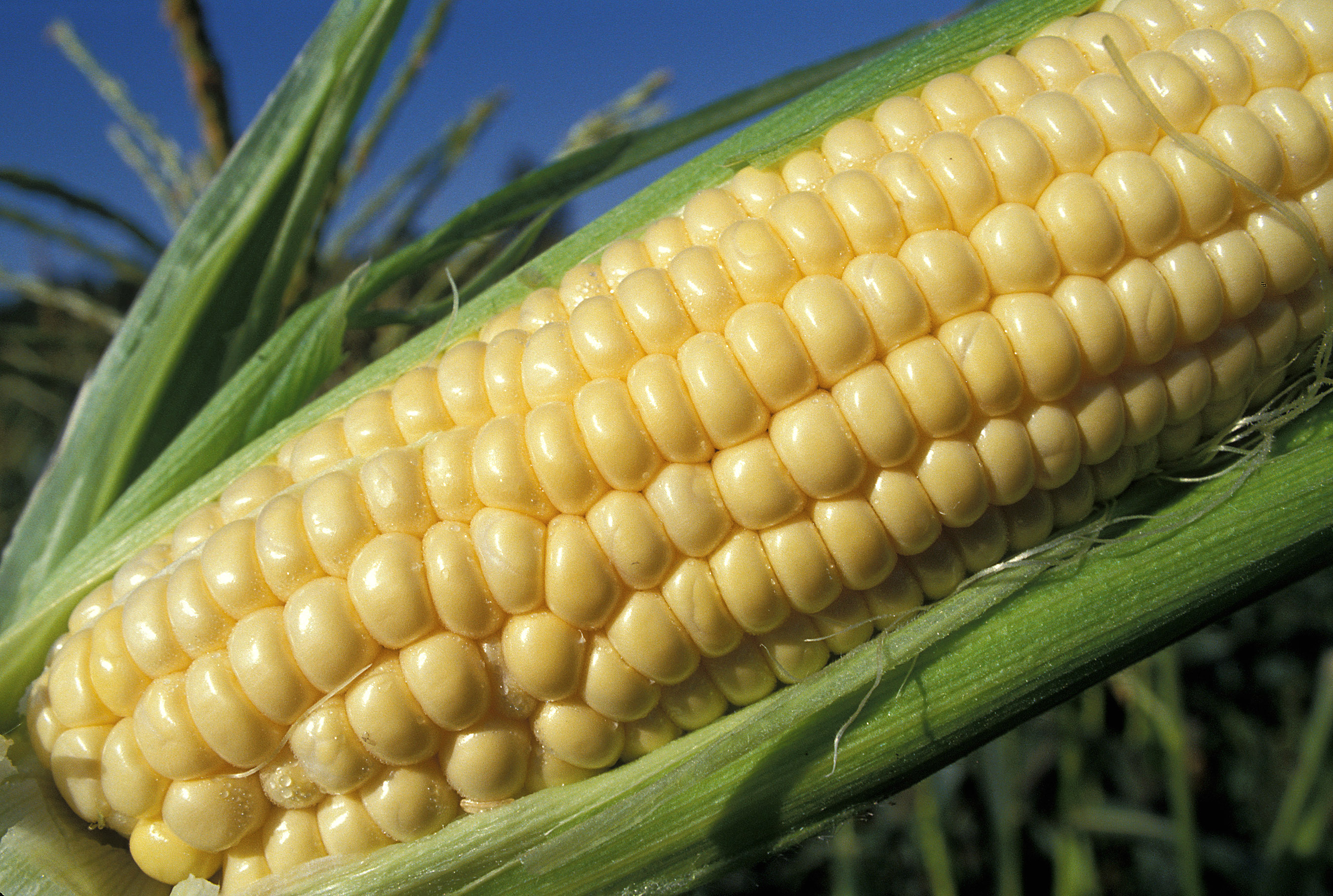U.S. Importing Organic Corn and Soy to Meet
GMO-Free Demand
 Thursday, July 16, 2015 - The demand for both organic corn and organic soybeans is increasing by a reported 10 percent annually, triple that of overall food sales. If you couple that with the fact that in the U.S. 88 percent of corn and 94 percent of soybeans are genetically modified, it is easy to see why the U.S. is being forced to import organic corn and soybeans to meet the growing demand.
Thursday, July 16, 2015 - The demand for both organic corn and organic soybeans is increasing by a reported 10 percent annually, triple that of overall food sales. If you couple that with the fact that in the U.S. 88 percent of corn and 94 percent of soybeans are genetically modified, it is easy to see why the U.S. is being forced to import organic corn and soybeans to meet the growing demand.
We’ve had to turn to countries like China, India and Romania to import organic corn and soybeans. For example, organic corn imported from Romania rose from $545,000 in 2013 to $11.6 million last year, and soybean imports from India doubled last year.
While much of the corn and soybeans produced in the U.S. is used as feed for organic livestock, the majority of GMO corn and soybeans in the U.S. end up in processed foods. For example, corn flour, corn gluten, corn masa, corn starch, corn syrup, cornmeal, and high-fructose corn syrup (HFCS) are all derived from corn; and soy flour, soy protein, soy isolates, soy isoflavones, soy lecithin, vegetable proteins, textured vegetable protein (TVP), tofu, tamari, tempeh, and soy protein supplements are all derived from soybeans. Checking the ingredient list on most food labels will reveal how ubiquitous these GMO bearing products are in the human food chain.
As farmers become more dependent on GMO seeds, it’s harder for them to make the switch to organic, especially considering that organic farms must be free of non-organic seeds and chemicals for three years before they can be certified organic.
It seems ironic that organic livestock are, by law, forced to eat a healthier diet than allowed to the general public.
Learn more: http://naturallysavvy.com/live/u-s-forced-to-import-organic-corn-and-soy-to-meet-gmo-free-demand
_____________________________________